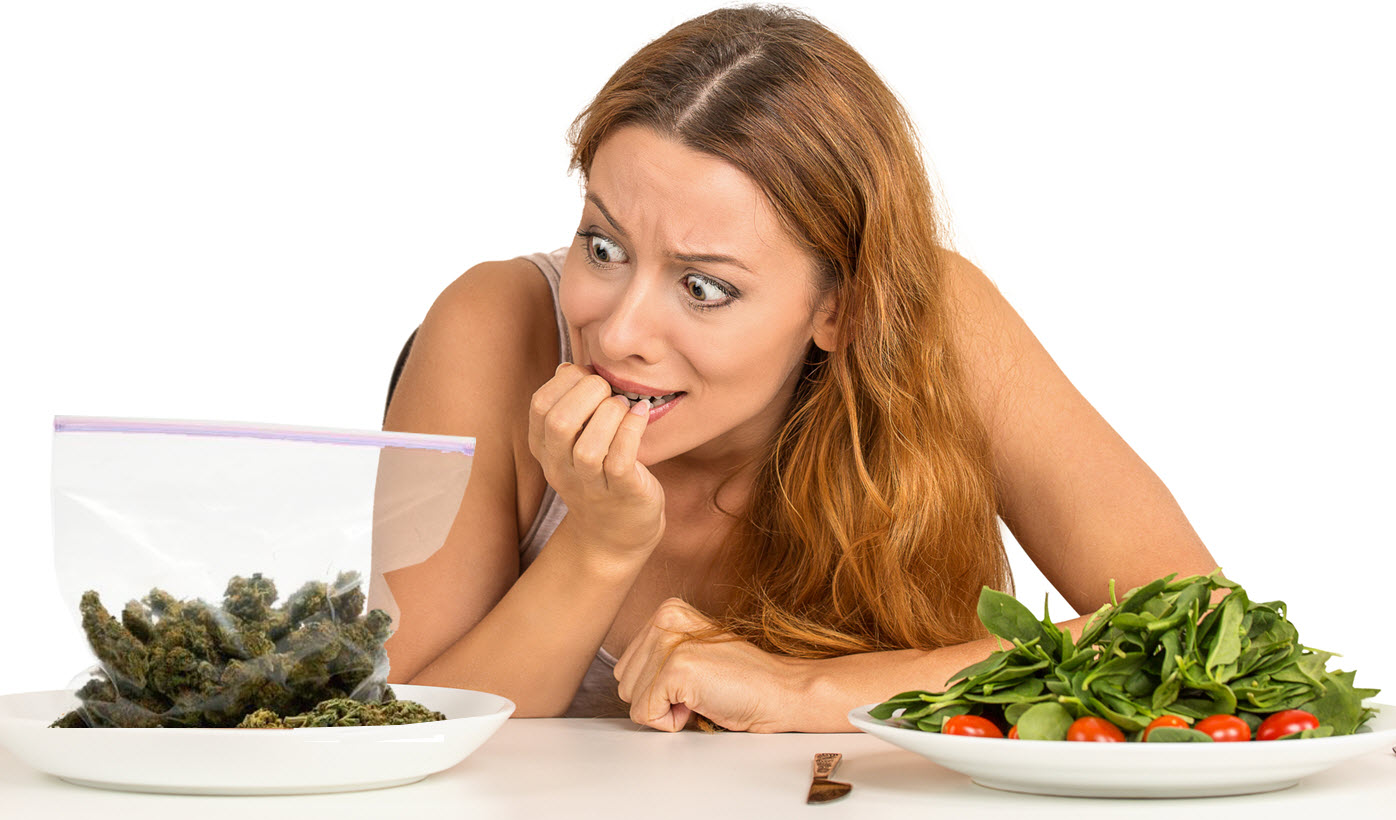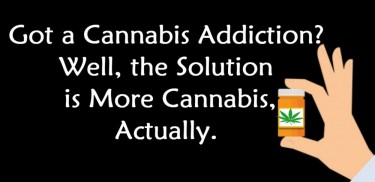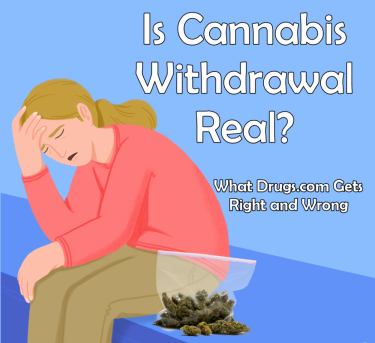
Why do some people crave cannabis? New medical study published!
Ahhh, marijuana.
If you haven’t mastered the art of microdosing, there really isn’t a single pull. It can be addicting: That euphoric feeling when you exhale the smoke, sometimes accompanied by a small or strong cough, and then immediately feel its calming effect from head to toe. It is exactly what you need after a long day at work, and for some people even necessary to start their day.
Why do we crave cannabis so much? It’s not supposed to be addicting.
A recent study published in the journal Human Brain Mapping sheds light on why long-term cannabis users crave the herb. “Now that we have determined that there are differences in large-scale brain network patterns in long-term cannabis users of cravings, we can use these as biomarkers of cannabis use disorders to aid treatment strategies. More studies are needed to determine how these brain network patterns might change over the course of treatment and recovery, ”explains Dr. Francesca Filbey, PhD, Director and Professor of Cognitive Neuroscience.
“The results contribute to the understanding that regions of the brain that do not function in isolation, but rather through the connectivity of several brain networks that send signals to each other depending on requirements and condition,” the study says, nothing that is static, but rather Patterns occur that depend on the brain’s neural network.
But cannabis is not addicting … is it?
Well, people with an addicting personality can develop some kind of addiction to cannabis, especially after using it for a long period of time. However, not everyone who uses cannabis becomes addicted to it, and there are many reasons and factors for this.
So how is it that some people are more susceptible to cannabis than others?
One reason is genetics. An old study examining identical twins raised in different families stated that twins are born with the same risk of addiction, meaning that even if they grew up in different families, if a person develops an addiction, that others have a high probability that they will develop it too.
“If we look at the addiction criteria, it has a lot to do with people moderating their behavior,” explains associate professor of psychology Carl Hart, PhD. “It has a lot to do with responsibility skills … It’s not perfect, but when you look at the people who are addicted and when you look at people who have work and families, they have responsibilities, they are part of their society, If they have a social network, addiction rates within these types of groups drop dramatically from people who are not connected to jobs, families, or social networks, ”he tells Healthline.
In addition, the chances of actually becoming addicted to cannabis are very slim, especially when compared to other addictive substances such as cocaine, alcohol, heroin, or other stimulants. “The lifelong risk of developing addiction among those who have ever used cannabis was estimated to be 9% in the United States in the early 1990s, down from 32% for nicotine, 23% for heroin, 17% for cocaine, 15% for alcohol and 11% for stimulants, ”explains Wayne Hall, author of an article summarizing two decades of cannabis research.
Additionally, over 9 out of 10 people who use cannabis don’t actually develop addiction to it.
What is interesting is that the likelihood of becoming addicted to cannabis is higher if you start using cannabis in your teens. “The negative health and social consequences of cannabis use reported by cannabis users seeking treatment for their addiction appear to be less severe than those reported by alcohol and opioid addicts,” writes Hall.
What are the dangers of cannabis use?
Despite the widespread use and legalization of cannabis, it is still a federal illegal drug, whereas tobacco and alcohol are readily available to teenagers. But there is really no risk in consuming cannabis on a daily basis as it relieves millions of people around the world from a wide variety of conditions: depression, anxiety, stress, opioid addiction, and numerous life-threatening physical ailments.
In the meantime, the occasional daily use of cannabis does nothing to calm people down, but incessant drinking can turn a normal person into a bar war freak or even a domestic molester. However, we now know that there are ways to consume cannabis regularly while being gentler on your body, as the use of harsh methods of consumption such as joints and bongs can injure your throat and lungs.
If you plan to use cannabis on a daily basis, why not opt for a gentler way of consuming it? Vaporizers, edibles, tinctures, and oils are some of the many excellent options for either medicinal or recreational enjoyment. Save the bongs for special occasions.
Cannabis itself is not an addictive drug, but it does interact with the pleasure and reward centers of the brain, which is why it is perfectly normal for us to look for it, especially if we have been using it for a long time. The same goes for other substances – even chocolate and food. If you consume large amounts over a long period of time, you may even find that you need more cannabis to get the same effects as before, although the withdrawal symptoms from cannabis are much milder compared to alcohol, heroin, and cocaine.
So go ahead and attend as much and as often as you want or need. Cannabis has never been and never will be a harmful substance as long as you know you can be a responsible user.
CANNABIS ADDICTION AND ADDICTION, READ MORE …

HOW DO YOU CURE CANNABIS ADDICTION? MORE GRASS!
OR..

IS CANNABIS WITHDRAWAL A REAL THING OR NOT? CLICK HERE!

Post a comment: